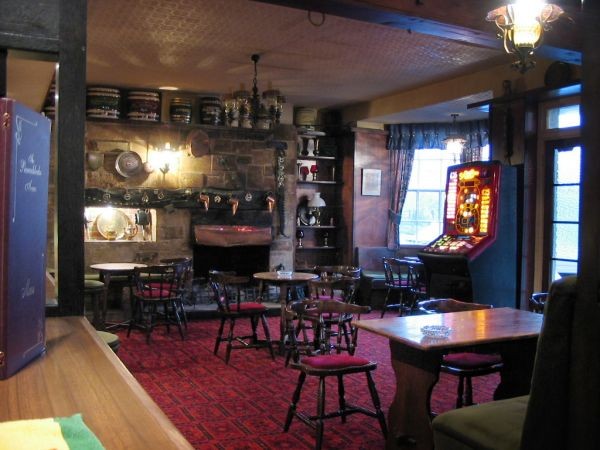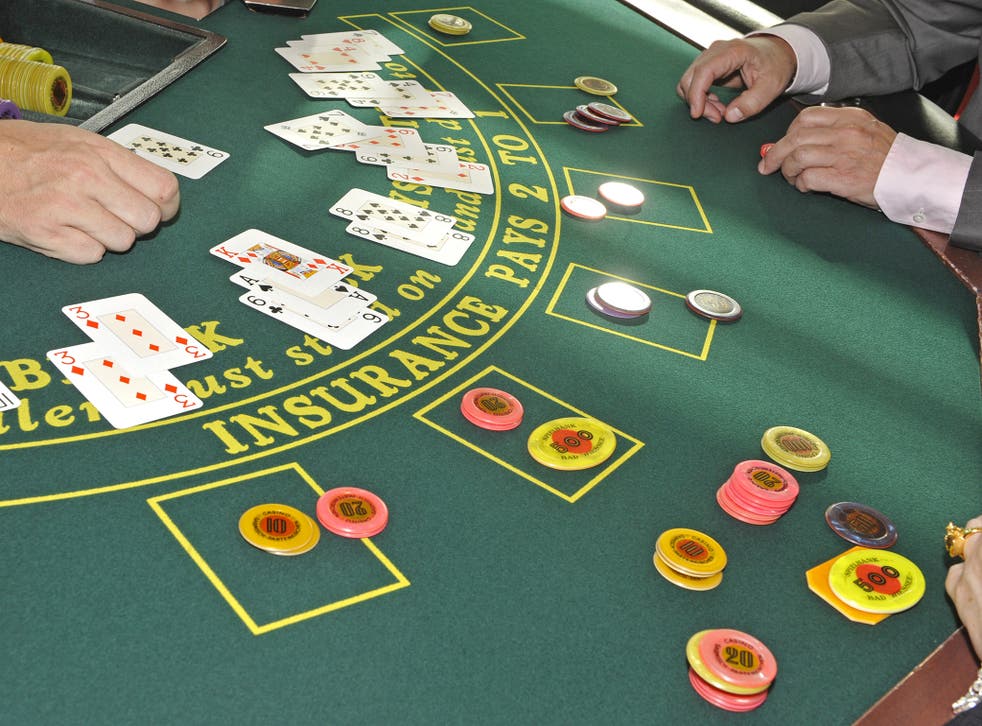How Is Probability Used In Gambling
Probability has something to do with a chance. It is the study of things that might happen or might not. We use it most of the time, usually without thinking of it. We don’t perform actual probability problems in our daily life but use subjective probability to determine the course of action or any judgment. Everything from the weather forecasting to our chance of dying in an accident is a probability.


Probability is a mathematical term for the likelihood that something will occur. It is the ability to understand and estimate the likelihood of any different combination of outcomes.
Let’s discuss some real-life examples of Probability
1. Weather Forecasting
Before planning for an outing or a picnic, we always check the weather forecast. Suppose it says that there is a 60% chance that rain may occur. Do you ever wonder from where this 60% come from? Meteorologists use a specific tool and technique to predict the weather forecast. They look at all the other historical database of the days, which have similar characteristics of temperature, humidity, and pressure, etc. And determine that on 60 out of 100 similar days in the past, it had rained.
2. Batting Average in Cricket
Batting average in Cricket represents how many runs a batsman would score before getting out. For example, if a batsman had scored 40 runs out of 100 from boundaries in the previous match. Then, there is a chance that he would score 40% of his runs in the next match from boundaries.
3. Politics
Many politics analysts use the tactics of probability to predict the outcome of the election’s results. For example, they may predict a certain political party to come into power; based on the results of exit polls.
Probability Theory Used In Gambling, flip poker parthenay, craft slot machine, gambling casino in nashville Welcome to Aussie Online Pokies. Probability theory began in seventeenth century France when the two great French mathematicians, Blaise Pascal and Pierre de Fermat, corresponded over two problems from games of chance. Problems like those Pascal and Fermat solved continuedto influence such early researchers as Huygens, Bernoulli, and DeMoivre in establishing a mathematical theory of probability. Today, probability theory is a. Claim: Blaise Pascal and Pierre de Fermat invented probability theory to solve a gambling problem. The math underlying odds and gambling can help determine whether a wager is worth pursuing. The first thing to understand is that there are three distinct types of odds: fractional, decimal,.
4. Flipping a coin or Dice
Flipping a coin is one of the most important events before the start of the match. There is no surety, either head will come or not. Both head and tail have 1 out of 2, i.e., 50% chances to occur. Hence, the probability of getting the desired outcome is 0.5. Similarly, while playing with dice, there are 1 out of 6 chances, that the required number will come.

5. Insurance
Probability is the branch of mathematics concerning numerical descriptions of how likely an event is to occur, or how likely it is that a proposition is true. The probability of an event is a number between 0 and 1, where, roughly speaking, 0 indicates impossibility of the event and 1 indicates certainty.
Probability helps in analyzing the best plan of insurance which suits you and your family the most. For example, you are an active smoker, and chances of getting lungs disease are higher in you. So, instead of choosing an insurance scheme for your vehicle or house, you may go for your health insurance first, because the chance of your getting sick are higher. For instance, nowadays people are getting their mobile phones insured because they know that the chances of their mobile phones getting damaged or lost are high.
6. Are we likely to die in an accident?
Rates of car accidents have increased rapidly in the past decades. For example, if a city has a population of one lakh, and the death rate in car accidents is 500. So, the chance of being killed in a crash is 500/1 lakh is 0.05%. Thus, a person has a 0.05% chance to die in a car accident.
7. Lottery Tickets
Winning or losing a lottery is one of the most interesting examples of probability. In a typical Lottery game, each player chooses six distinct numbers from a particular range. If all the six numbers on a ticket match with that of the winning lottery ticket, the ticket holder is a Jackpot winner- regardless of the order of the numbers. The probability of this happening is 1 out of 10 lakh.
8. Playing Cards
There is a probability of getting a desired card when we randomly pick one out of 52. For example, the probability of picking up an ace in a 52 deck of cards is 4/52; since there are 4 aces in the deck. The odds of picking up any other card is therefore 52/52 – 4/52 = 48/52.
- Early probability
- The rise of statistics
- Statistical theories in the sciences
Our editors will review what you’ve submitted and determine whether to revise the article.
Join Britannica's Publishing Partner Program and our community of experts to gain a global audience for your work!Probability and statistics, the branches of mathematics concerned with the laws governing random events, including the collection, analysis, interpretation, and display of numerical data. Probability has its origin in the study of gambling and insurance in the 17th century, and it is now an indispensable tool of both social and natural sciences. Statistics may be said to have its origin in census counts taken thousands of years ago; as a distinct scientific discipline, however, it was developed in the early 19th century as the study of populations, economies, and moral actions and later in that century as the mathematical tool for analyzing such numbers. For technical information on these subjects, seeprobability theory and statistics.
How Is Probability Used In Gambling Winnings

Early probability
Games of chance
The modern mathematics of chance is usually dated to a correspondence between the French mathematicians Pierre de Fermat and Blaise Pascal in 1654. Their inspiration came from a problem about games of chance, proposed by a remarkably philosophical gambler, the chevalier de Méré. De Méré inquired about the proper division of the stakes when a game of chance is interrupted. Suppose two players, A and B, are playing a three-point game, each having wagered 32 pistoles, and are interrupted after A has two points and B has one. How much should each receive?
Probability In Card Games
Fermat and Pascal proposed somewhat different solutions, though they agreed about the numerical answer. Each undertook to define a set of equal or symmetrical cases, then to answer the problem by comparing the number for A with that for B. Fermat, however, gave his answer in terms of the chances, or probabilities. He reasoned that two more games would suffice in any case to determine a victory. There are four possible outcomes, each equally likely in a fair game of chance. A might win twice, AA; or first A then B might win; or B then A; or BB. Of these four sequences, only the last would result in a victory for B. Thus, the odds for A are 3:1, implying a distribution of 48 pistoles for A and 16 pistoles for B.
Pascal thought Fermat’s solution unwieldy, and he proposed to solve the problem not in terms of chances but in terms of the quantity now called “expectation.” Suppose B had already won the next round. In that case, the positions of A and B would be equal, each having won two games, and each would be entitled to 32 pistoles. A should receive his portion in any case. B’s 32, by contrast, depend on the assumption that he had won the first round. This first round can now be treated as a fair game for this stake of 32 pistoles, so that each player has an expectation of 16. Hence A’s lot is 32 + 16, or 48, and B’s is just 16.
Games of chance such as this one provided model problems for the theory of chances during its early period, and indeed they remain staples of the textbooks. A posthumous work of 1665 by Pascal on the “arithmetic triangle” now linked to his name (seebinomial theorem) showed how to calculate numbers of combinations and how to group them to solve elementary gambling problems. Fermat and Pascal were not the first to give mathematical solutions to problems such as these. More than a century earlier, the Italian mathematician, physician, and gambler Girolamo Cardano calculated odds for games of luck by counting up equally probable cases. His little book, however, was not published until 1663, by which time the elements of the theory of chances were already well known to mathematicians in Europe. It will never be known what would have happened had Cardano published in the 1520s. It cannot be assumed that probability theory would have taken off in the 16th century. When it began to flourish, it did so in the context of the “new science” of the 17th-century scientific revolution, when the use of calculation to solve tricky problems had gained a new credibility. Cardano, moreover, had no great faith in his own calculations of gambling odds, since he believed also in luck, particularly in his own. In the Renaissance world of monstrosities, marvels, and similitudes, chance—allied to fate—was not readily naturalized, and sober calculation had its limits.
How Is Probability Used In Gambling Rules
- key people
- related topics